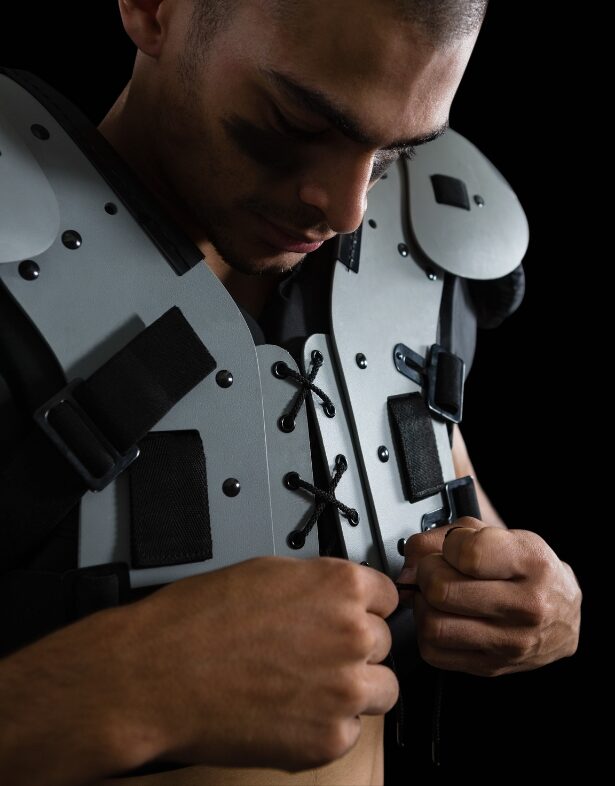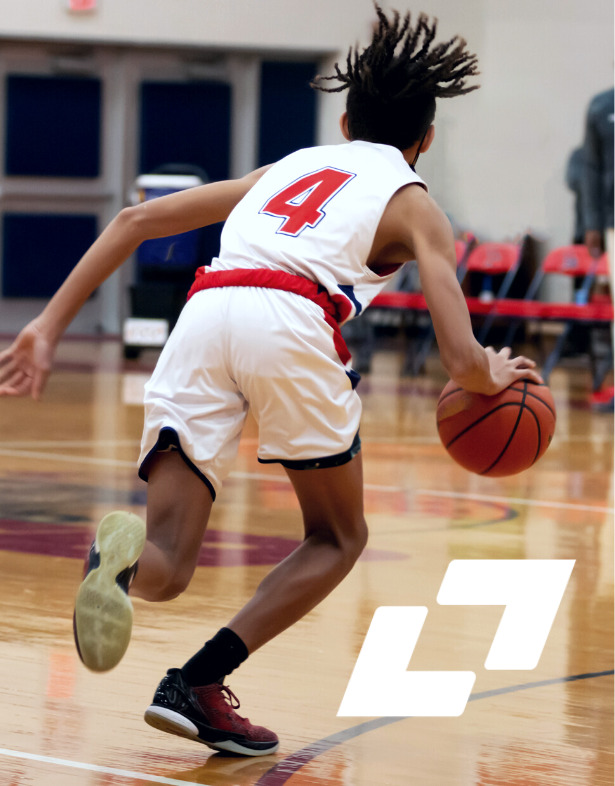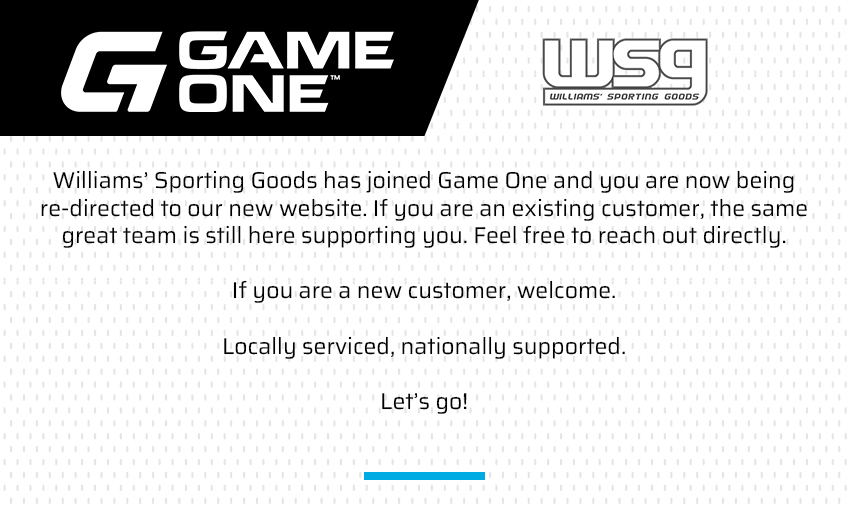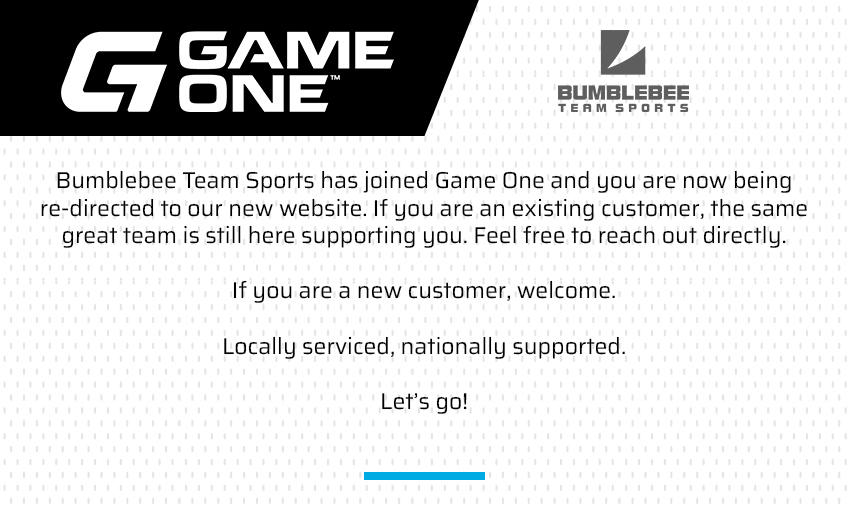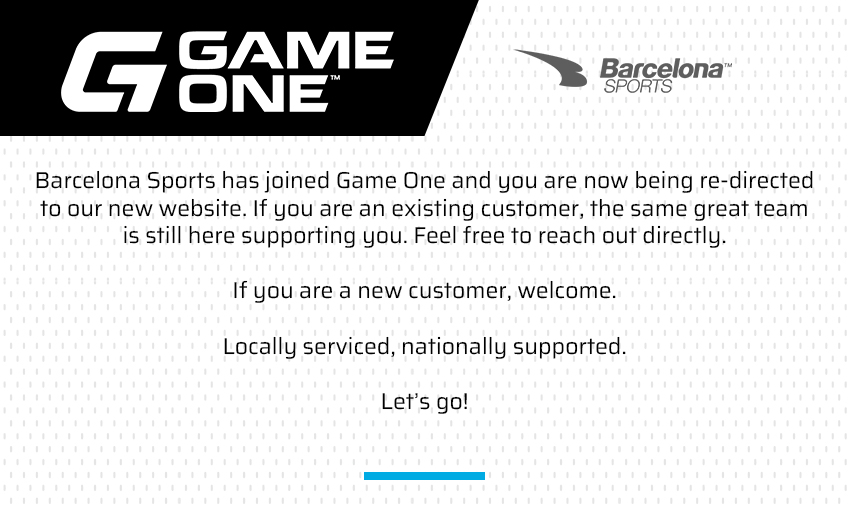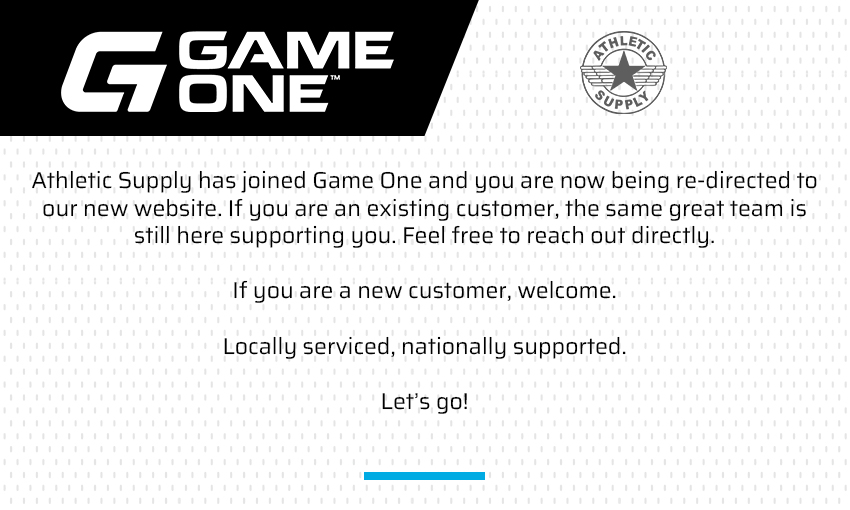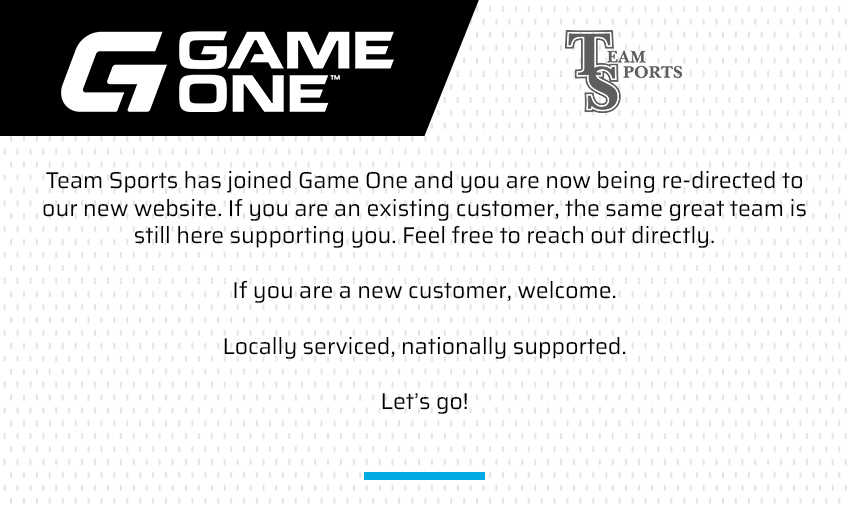8 Ways to Develop Strong Team Leaders
As a coach, you spend more time with student-athletes than any other teacher in the school. So, you’re uniquely suited to help them learn about being a good role model, having a positive attitude, developing strong interpersonal relationships, supporting all teammates, and serving as a liaison for the coaching staff. In other words, a leader.
The lessons of these “soft skills” may begin in the teen years, but they’ll serve your athletes for life, developing future leaders who impact their sport and community, which is a wonderful, lasting legacy as a coach.
Here are 8 strategies to develop responsible and respected team leaders.
1. CREATE A POSITIVE LEARNING ENVIRONMENT
Understand that student-athletes learn via trial and error—publicly—in front of their teammates, which makes them vulnerable. So, it’s essential to create an environment where every team member is confident that they will not be embarrassed, disrespected, or punished for taking action, speaking up, or speaking out.
2. EXPLORE LEADERSHIP DEFINITIONS
Ask your captains what it means to be an effective leader, discussing those they do and don’t respect and why. Explore how their definition of leadership may differ from yours.
3. REVIEW EXPECTATIONS
Clarify your expectations for roles and responsibilities early on to minimize problems or misunderstandings down the road. Let your leaders know they are essential to setting the standards, keeping the team focused, and handling conflicts. Of course, you’ll be there to help them, but ultimately, they’ll determine how far the team goes.
4. PROVIDE LEADERSHIP OPPORTUNITIES
Provide captains with opportunities to lead the team. Examples include letting them run warm-ups or selecting a few drills during practice, contacting teammates about changes in the schedule, or leading a discussion to define the team’s social media rules are great real-life leadership experiences.
5. GET INPUT ON DECISIONS
Ask your captains for input on decisions that impact the team to develop confidence as leaders. It can be a small choice, like where to eat after a game, or something big, like input on handling situations requiring discipline.
6. CHECK-IN FREQUENTLY
Ensure you are communicating frequently with your leaders. Whether it’s a scheduled meeting time or an informal check-in, you’ll want to talk often to ensure you’re on the same page to be most effective.
7. SUPPORT YOUR CAPTAINS
Be there for your leaders, understanding that they’ll want to meet your expectations and be liked by their peers. Balancing this is tough. Back them up when they (appropriately) confront teammates, letting them know they have your full support and trust.
8. LET YOUR LEADERS FAIL
Jumping in and solving a problem for teenagers can be tempting, but it’s often best to let the situation unfold so they can experience failure and use it as a teachable moment.
Additionally, consider moving your team’s leadership lessons away from sports—encouraging your athletes to take the lead in a fundraising bake sale, car wash, or spaghetti dinner. These real-life lessons about leadership in a positive environment develop essential post-sports skills that are part of being a successful adult.
At Game One, we take pride in joining your team and doing our part to the best of our abilities. We are always in GO mode, whether it’s game gear, branded apparel, or spirit wear. Game One will never let your team down.
Find your rep
Get in touch with your Game One rep to place an order, ask a question on process or pricing, and more.
Join Our Team
We live our purpose – to lift and inspire team stories. That includes our own teammates. If you are interested in joining our team – please visit our Career’s page.



